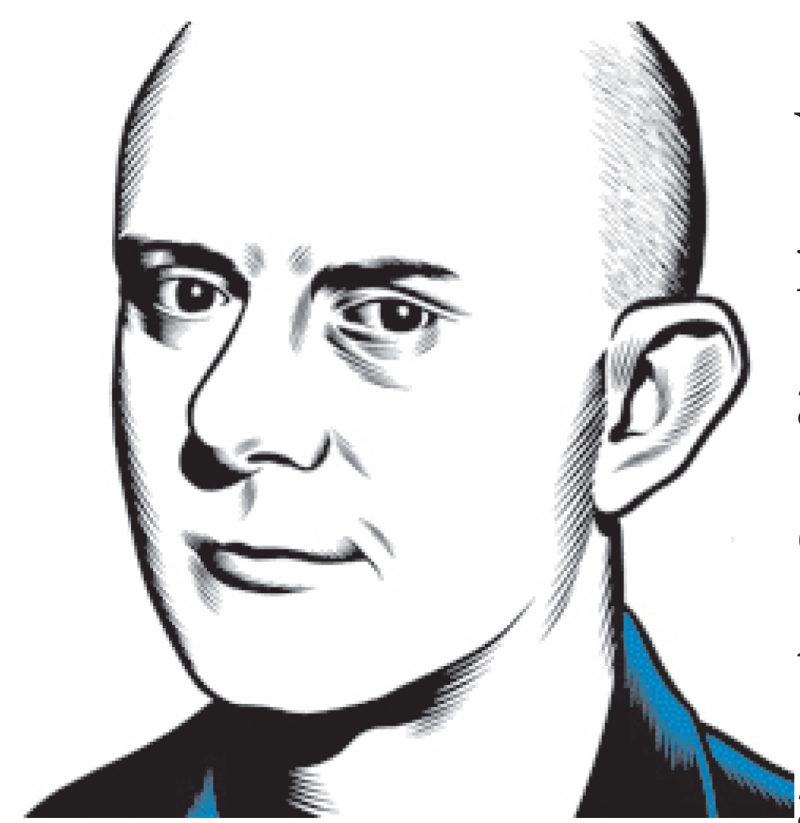BOOKS BOUGHT:
- The Diary of a Country Priest—Georges Bernanos
- A Complicated Kindness—Miriam Toews
- Blood Done Sign My Name—Timothy B. Tyson
- Over Tumbled Graves—Jess Walter
- Becoming Strangers—Louise Dean
BOOKS READ:
- Citizen Vince—Jess Walter
- A Complicated Kindness—Miriam Toews
On my recent book tour of the U.S. I met a suspiciously large number of people who claimed to be Believer readers; some of the people who came to the signings even told me that they had read and enjoyed this column, although I can see that if you’re standing in front of someone waiting for a signature, you might as well say something, even if what you end up saying is patently and laughably untrue. Anyway, having met and talked to some of you, I now realize that the descriptions I occasionally provide of the Polysyllabic Spree, the eighty horribly brainwashed young men and women who control this magazine (and who may in turn, I am beginning to realize, be controlled by someone else), have been misleading. There are some misconceptions out there, and I feel it’s only fair, both to you and to the Spree, to clear a few things up.
Numbers. The Spree consists of sixty-four people. You can safely ignore any other figure you may come across, either here or in the national media. Sometimes I have inflated or deflated the numbers, for comic purposes—because the joke of saying, for example, forty or eighty when really it’s sixty-four is always funny, right? Or it could have been funny, if people weren’t so literal-minded. My recent conversations have left me with the feeling that this particular witticism, along with several others (see below), may have fallen flat.
Robes. The trademark, telltale Spree white robes are only worn in certain circumstances, namely during editorial meetings, major sporting events (as a protest against their existence) and morning “prayers,” wherein the Spree shout out the names of literary figures. (I can’t tell you how disconcerting it is to hear otherwise attractive and frequently naked young women yelling out “SYBILLE BEDFORD!” in a banshee wail.) I’m sorry if I have somehow given the impression that they wear white robes all the time. They don’t. In fact, given the propensity for nudity up at Believer Towers, I wish they’d put them on more often.
Free copies of the Believer. A while back I remarked in passing that I didn’t ever see this magazine because the Spree refused to send me free copies. I can’t say too much about this, because, sadly, it’s all sub judice, and my lawyers have told me to...
You have reached your article limit
Sign up for a digital subscription and continue reading all new issues, plus our entire archives, for just $1.50/month.
Already a subscriber? Sign in






